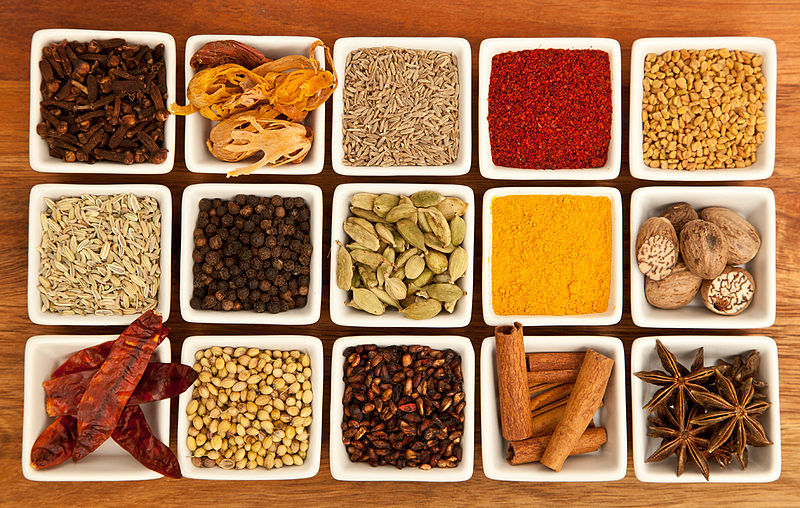The main distinction between seasoning and flavoring is that seasoning enhances or brings out the flavor of the food without changing it significantly, whereas flavoring changes the taste of food by introducing a new flavor. Although many people use these terms interchangeably, there is a clear difference between the two. Sometimes, the difference between seasoning and flavoring may also depend on the amount of an ingredient used.
Key Takeaways:
- Seasoning enhances or brings out the natural flavor of food without significantly changing it, while flavoring introduces a new taste to the food.
- Common seasonings include salt, pepper, and lemon, while flavorings consist of spices, herbs, garlic, onions, sauces, acids, and alcohols.
- The distinction between seasoning and flavoring may sometimes depend on the amount of the ingredient used in a dish.
What is Seasoning?
Seasoning mainly refers to enhancing a food’s natural flavor. Salt is the most common ingredient used as a seasoning. A pinch of salt can bring out the natural flavor of food or enhance it. For example, adding a pinch of salt to soup is considered seasoning. Pepper is also a common seasoning used for most food. Sometimes, a dash of lemon or acid is added to a dish to balance the flavor, which is also an example of seasoning. Seasonings are typically added to a dish at the end of the cooking process.
What is Flavoring?
Flavorings refer to ingredients that make a significant change in the flavor of a food or dish. Spices and herbs are the most common ingredients used as flavorings. They can also include garlic, onions, sauces, acids, and alcohols (wine, brandy, cognac, etc.). Flavoring ingredients can be added to a dish at any time during cooking. Some ingredients require heat to activate them. Timing is crucial, as various ingredients need time to release their flavors, and if cooked for too long, they can lose their flavor. Some flavorings can also be added at the end of the cooking process.
What is the Relationship Between Seasoning and Flavoring?
Most often, the same ingredients can be used for both seasoning and flavoring, as the difference between the two may sometimes depend on the amount of the ingredient used.
What is the Difference Between Seasoning and Flavoring?
Seasoning refers to an ingredient that enhances the natural flavor of food, whereas flavoring refers to an ingredient that alters the natural flavor of food. This is the key difference between seasoning and flavoring. The difference between the two may also depend on the amount of an ingredient used in a dish. For example, adding a small amount of nutmeg to a dish is seasoning, but adding a considerable amount of nutmeg to change the flavor is flavoring. The most common ingredient used as a seasoning is salt, while herbs and spices are common flavorings. Seasonings are typically added to a dish at the end of the cooking process, while flavorings can be added anytime during cooking.
Summary – Seasoning vs Flavoring
The key difference between seasoning and flavoring is that seasoning enhances or brings out the flavor of food without changing it significantly, whereas flavoring changes the taste of food by introducing a new flavor. However, the difference between seasoning and flavoring may also depend on the amount of an ingredient used in a dish.
